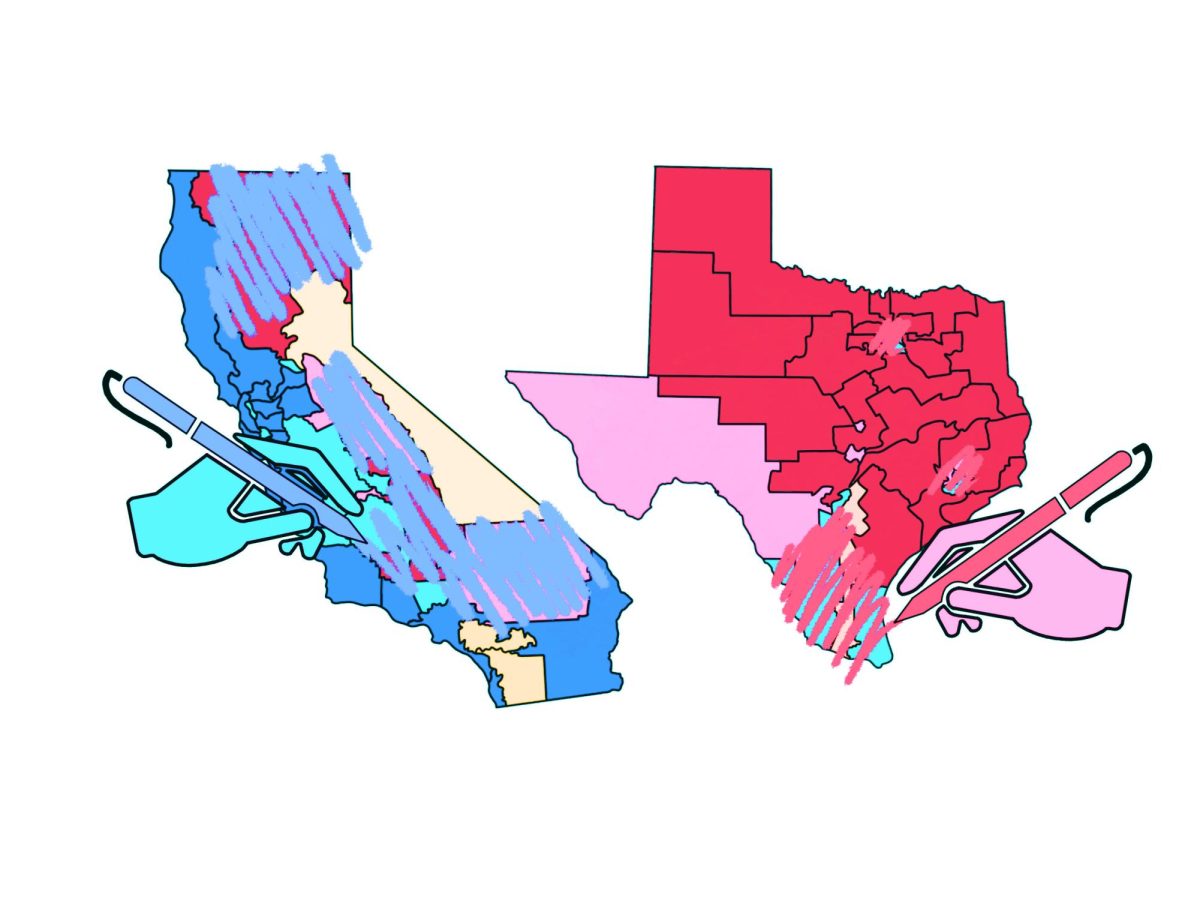As Texas continues to experience significant droughts throughout the year, the state’s water resources are under immense pressure. Key regions of the state are grappling with droughts, depleted aquifers and wasteful water management practices, significantly depleting agricultural production. As communities try to find sustainable water solutions, water recycling initiatives are becoming more widespread to help alleviate the pressure on many communities.
While many regions are currently being affected, retired environmental science teacher Dan Northcut believes that the Rio Grande Valley is especially vulnerable. As less water flows down the Rio Grande River, crop production will steadily decline in the valley, shutting down an alarming number of farms.
“The Rio Grande is particularly affected,” Northcut said, “because it starts in Colorado and goes through New Mexico and shares a very long border with Mexico. All of the entities have water rights that were set decades ago when we had more rain and fewer people. Since 2000, the water coming down the river rarely even makes it to the Gulf.”
Aside from agricultural shortcomings, communities have struggled to find reliable water production from aquifers, which make up around half of the state’s water supply.
“Other parts of Texas have depended on aquifers, many of which have been severely overdrawn and will take decades to replenish,” Northcut said.
As water supplies become more unreliable and deficient, a growing number of experts are calling for Texas cities and industries to adopt water recycling practices. Recycling water can help mitigate shortages, reduce strain on natural resources and provide a sustainable solution for the long term.
“The recycling mentioned, which a few cities in other states are already doing, takes treated water and pumps it back to the city input areas so that it is not lost down the river,” Northcut said.
Some cities, including San Antonio and El Paso, have already begun to implement water recycling programs. White the effects of recycling water can be substantial, recycling programs require considerable investments, deterring many communities from pursuing these initiatives.
“Setting up recycling takes money up front which most cities and people either can’t afford or don’t want to spend,” Northcut said.
Despite the financial challenges, advocates argue that the cost of inaction could be much higher. Texas is already facing the consequences of water shortages, and in the long run, if the water supply continues to diminish, the repercussions will intensify.
Water resources are also significantly impacted by oil and gas industries, which require massive amounts of water in their operations, mainly hydraulic fracturing (fracking) and refining. Unlike other sectors, however, these industries are not subject to the same water-saving regulations.
“Oil and gas industries, including power plants and plastics production, don’t have to follow water saving measures that other industries do,” Northcut said. “They are the industries that could most afford to implement conservation practices.”
Texas’ water future is uncertain, but with crops failing, aquifers depleting and entire regions at risk of severe water shortages, the need for sustainable water management is heightened. Even regions with historically stable water supplies are now feeling the strain, and Texas will constantly have to adapt to the varying water circumstances.
“Climate change will be affecting our annual rainfall averages, but each year will have ups and downs,” Northcut said. “However, every summer in Texas creates shortages no matter what part of the state.”














